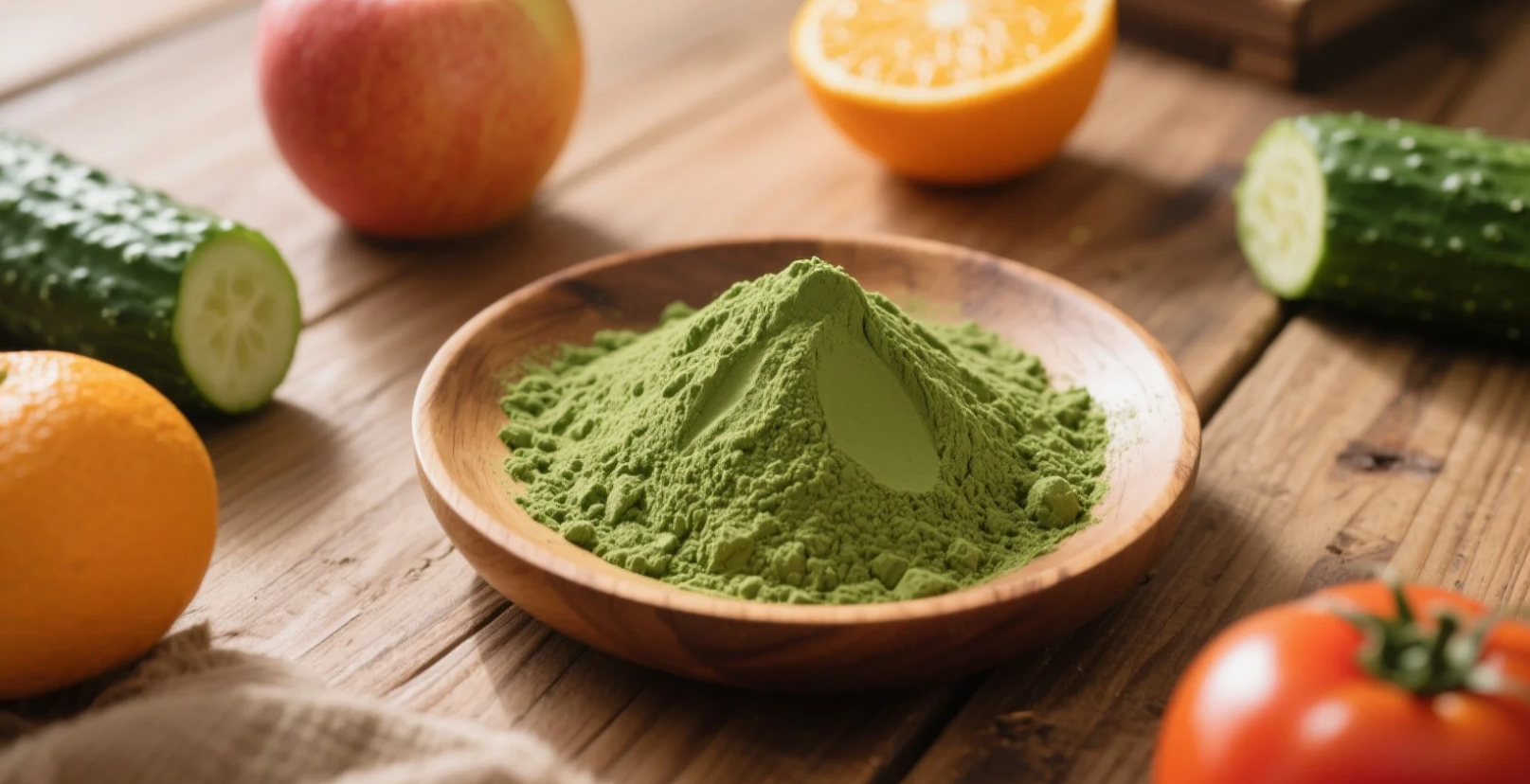Table of Contents
The global food industry is undergoing a significant transformation. Consumers are increasingly demanding natural, organic, and transparent ingredients in the products they purchase. This shift has created a surge in demand for clean-label food production, where every ingredient is carefully scrutinized for safety, sustainability, and ethical sourcing. Among these ingredients, organic glucose syrup, also known as organic glucose liquid or organic dextrose syrup, has emerged as a key player.
Manufacturers across bakery, confectionery, beverages, and functional foods are recognizing the unique advantages of organic glucose syrup. Beyond its natural sweetness, it provides functional benefits such as moisture retention, texture improvement, and shelf-life extension. Its growing popularity reflects broader market trends favoring organic, transparent, and sustainable food production.
1. Clean-Label Trends Driving Demand
Clean-label is more than a marketing buzzword—it represents a paradigm shift in consumer expectations. Today’s shoppers prefer short ingredient lists made of recognizable, minimally processed components. Consumers are reading labels carefully and are increasingly wary of synthetic additives, artificial sweeteners, and conventional sugar products.
Organic glucose syrup fits perfectly within this trend. Derived from organically grown starches, it is free from GMOs, synthetic chemicals, and artificial colors. Its inclusion in a product can help manufacturers achieve certified organic status, appealing to consumers who prioritize health, environmental sustainability, and ethical sourcing.
2. Functional Advantages in Food Applications
The rising demand for clean-label products does not mean compromising on functionality. Organic glucose syrup offers multiple benefits that support diverse food applications:
- Bakery: It enhances moisture retention, softness, and shelf life in breads, cakes, and pastries.
- Confectionery: It prevents sugar crystallization, ensures smooth texture in caramels and gummies, and balances sweetness.
- Beverages: It improves mouthfeel and sweetness balance in natural juices, smoothies, and functional drinks.
- Functional Foods: It acts as a binder and energy source in protein bars, sports nutrition products, and plant-based snacks.
By delivering these technical benefits naturally, organic glucose syrup allows manufacturers to maintain high-quality, clean-label formulations without sacrificing product performance.
3. Market Growth and Consumer Preferences
The demand for organic sweeteners, including organic glucose syrup, has grown rapidly in recent years. According to industry reports, the global organic food and beverage market is expected to continue its strong expansion, with consumers in North America, Europe, and Asia-Pacific driving the trend.
Several factors contribute to this growth:
- Health consciousness: Consumers increasingly seek low-chemical, natural alternatives to refined sugar.
- Sustainability concerns: Organic sourcing reduces pesticide use, improves soil health, and lowers carbon emissions.
- Premiumization: Organic products are associated with higher quality and can command premium pricing.
For B2B manufacturers, integrating organic glucose syrup into their product lines is a strategic move that aligns with these trends, offering both functional and marketing advantages.
4. Regulatory and Certification Advantages
Organic certification has become a crucial differentiator in competitive markets. Organic glucose syrup produced according to USDA, EU, or other recognized standards allows manufacturers to confidently label their products as organic.
This certification not only attracts consumer trust but also enables brands to access export markets that require strict compliance with organic regulations. In contrast, conventional glucose syrup cannot provide these assurances, limiting its appeal in premium and international markets.
5. Sustainability and Corporate Responsibility
Sustainability is increasingly influencing purchasing decisions, both at the consumer and corporate levels. Organic glucose syrup supports responsible sourcing and environmentally friendly farming practices. By choosing organic sweeteners, manufacturers reduce their ecological footprint and contribute to global sustainability efforts.
For companies that integrate ESG (Environmental, Social, and Governance) principles into their operations, using organic glucose syrup enhances their brand narrative and strengthens stakeholder confidence.
6. Practical Considerations for Manufacturers
While organic glucose syrup may have a slightly higher cost than conventional syrup due to certified organic cultivation and processing standards, the benefits outweigh the investment:
- It supports premium product positioning.
- It increases consumer trust and loyalty.
- It facilitates international organic compliance.
- It provides reliable technical performance in diverse applications.
For B2B food manufacturers, these advantages translate into higher value, lower risk, and enhanced market competitiveness.
7. The Future Outlook
As clean-label and organic trends continue to grow, the demand for organic glucose syrup is expected to accelerate. Manufacturers who adopt organic sweeteners now are positioning themselves for long-term success in health-conscious, environmentally aware, and premium food markets.
The versatility of organic glucose syrup across bakery, confectionery, beverages, and functional foods ensures it will remain a staple ingredient for innovation in the years to come.
Conclusion
The growing demand for organic glucose syrup is a reflection of broader shifts in the food industry toward clean-label, natural, and sustainable ingredients. For manufacturers, it is more than a sweetener—it is a strategic tool to improve product quality, meet consumer expectations, and strengthen brand value.
By choosing organic glucose syrup, food producers can deliver superior taste, texture, and freshness while aligning with sustainability and transparency goals. This makes it an indispensable ingredient in the modern, forward-thinking food production landscape.

